The Biden administration says 20 million people have enrolled for health insurance through the Affordable Care Act marketplaces, with still a few days left for signing up
Some 20 million people have signed up for health insurance this year through the Affordable Care Act marketplaces, a record-breaking figure.
President Joe Biden will likely proclaim those results regularly on the campaign trail for months to come as former President Donald Trump, the Republican front-runner, vows to dismantle the Obama-era program.
The Biden administration announced Wednesday morning that 20 million have enrolled for coverage on the marketplace, days before the open enrollment period is set to close on Jan. 16.
The latest enrollment projections mean a quarter more Americans have signed up for coverage this year compared to last — another record-breaking year when 16.3 million enrolled in the program. Signs-ups spiked after Biden took office, with Democrats rolling out a series of tax breaks that give millions of Americans access to low cost plans, some with zero-dollar premiums.



You know what’s really depressing?
How that came to happen in America:
https://www.vox.com/23890764/healthcare-insurance-marketplace-open-enrollment-employer-sponsored-united-blue-cross-shield-aetna
We fucking capped salaries.
People want to act like someone saying 100% after a certain threshold is some millennial pipe dream, meanwhile the unironically named “Greatest Generation” flat out said that was too much hassle and there’s an upper limit anyone can be paid.
We get rid of it, and wealth equality went crazy and everything else went to shit.
They capped worker salaries to keep costs down during WW2. Strikes were illegal too. Rich people still made a million dollars per year.
If you’re right, I’ve been wrong for 20 years, so I’d appreciate a link showing was literally “workers” and executives were excluded
To my knowledge it limited everyone’s salary
I’m not remotely knowledgeable on labor practices of the time period, but at least in the modern era, you can easily pay an executive basically nothing and just give him stock instead, which will wind up being far more valuable than any salary. Mark Zuckerberg, for instance, takes a salary of $1. I wouldn’t be shocked if something to that effect existed back then as well.
It wasn’t actually an “upper limit” in WW2. It was a 15% limit on wage increases on any union contracts. If you didn’t have a union contract, you could be paid whatever.
https://en.wikipedia.org/wiki/National_War_Labor_Board_(1942–1945)
That’s different, executive order 9250 came after:
https://www.presidency.ucsb.edu/documents/executive-order-9250-providing-for-the-stabilizing-the-national-economy
Weird how FDR could do so much by executive order back then, and now Dems say nothing substantial can be an executive order now btw…